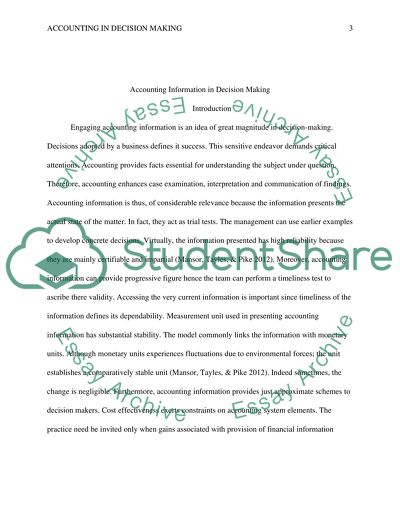Cite this document
(“Accounting Information in Decision Making Essay”, n.d.)
Accounting Information in Decision Making Essay. Retrieved from https://studentshare.org/finance-accounting/1449938-accounting-should-provide-useful-information-for
Accounting Information in Decision Making Essay. Retrieved from https://studentshare.org/finance-accounting/1449938-accounting-should-provide-useful-information-for
(Accounting Information in Decision Making Essay)
Accounting Information in Decision Making Essay. https://studentshare.org/finance-accounting/1449938-accounting-should-provide-useful-information-for.
Accounting Information in Decision Making Essay. https://studentshare.org/finance-accounting/1449938-accounting-should-provide-useful-information-for.
“Accounting Information in Decision Making Essay”, n.d. https://studentshare.org/finance-accounting/1449938-accounting-should-provide-useful-information-for.


